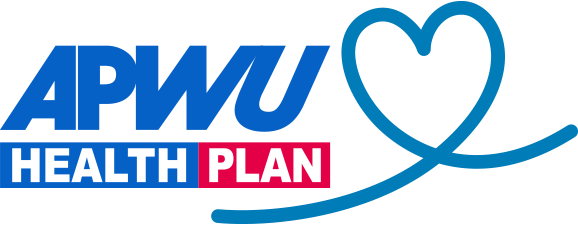Depression is a common but serious mental health condition that causes feelings of sadness that won’t go away. Also called major depressive disorder or clinical depression, it’s more than just being in a bad mood or having a rough day. The condition can affect how you think and feel and may cause you to lose interest in normal day-to-day activities.
According to the National Alliance on Mental Illness (NAMI), depression affects people of all ages and races, income levels, and educational backgrounds. Anyone can get depressed. In fact, some 16 million American adults experienced depression in the past year.
Symptoms of depression
Depression affects everyone differently, but common symptoms include:
- Feeling sad or anxious
- Feeling irritable or frustrated
- Feeling hopeless or guilty
- Loss of energy
- Lack of interest in activities
- Physical aches and pains
- Having trouble concentrating
- Eating more than usual
- Loss of appetite
- Having trouble falling asleep
- Sleeping too much
- Feeling tired even after a good night’s sleep
If you feel depressed, see your doctor or mental health professional as soon as possible, especially if your symptoms have been getting worse. Depression requires medical care, and with proper treatment many people get better.
When to get emergency help
Some people who are depressed may think about harming themselves or committing suicide. If you or a loved one is in danger of suicide, seek help immediately:
- Call the Suicide & Crisis Lifeline at 988. Free‚ confidential help is available 24 hours a day, seven days a week.
Other resources include:
- Your doctor or mental health provider
- A close friend or loved one
- A minister, spiritual leader, or member of your faith community
Causes of depression
Depression doesn’t seem to have a single cause. Rather, mental health experts believe that a combination of factors contribute to the condition:
Genetics. You’re more likely to experience depression at some point if you have a blood relative with depression.
Trauma or stress. Upsetting or stressful events can cause depression.
Major life changes. Getting married or divorced, losing your job, having a baby, or losing a loved one can trigger depression.
Other medical conditions. People with medical problems, such as cancer, stroke, chronic pain, or attention-deficit hyperactivity disorder (ADHD) are more likely to develop depression.
Medications. Some medications can cause symptoms of depression.
Drug and alcohol abuse. According to the National Alliance on Mental Illness (NAMI), about 30% of people with substance abuse problems also have depression.
Treating depression
If you experience any symptoms of depression, get help as soon as possible. Early treatment can help prevent the condition from worsening.
Doctors and mental health professionals use a variety of patient-centered methods to treat depression. Psychotherapy, or talk therapy, is a type of treatment that involves talking about your symptoms and related issues with a therapist or mental health provider. Medications for depression include antidepressants, mood stabilizers, and antipsychotic medications.
Some people with severe depression may need to be hospitalized.
6 ways to manage the symptoms of depression
Coping with depression isn’t easy, but you can take steps to control stress, set realistic goals, and boost your self-esteem. In addition, consider following these ideas:
- Take care of yourself. Eat a healthy diet, stay active, and get plenty of sleep. If your doctor says it’s okay, try to get 150 minutes or more of moderate exercise each week.
- Spend time with other people. Try not to isolate yourself, especially in times of crisis. Participate in social activities, and don’t be afraid to ask your friends and family for help.
- Talk to your doctor. See your primary care physician every year for an annual checkup and communicate openly about any symptoms you’re experiencing.
- Join a support group. Sharing your story and talking about your situation with others who have experienced depression can help you cope with your own symptoms.
- Avoid alcohol and drugs. These substances can actually make the symptoms of depression worse. Alcohol and drugs can also interact negatively with medications you may be taking. Talk with your doctor if you need help with alcohol or substance abuse.
- Educate yourself. Do what works best for you. Attend conferences. Listen to podcasts. Read books. Search for useful online resources. Also, encourage your loved ones to learn about depression so they can support you.







